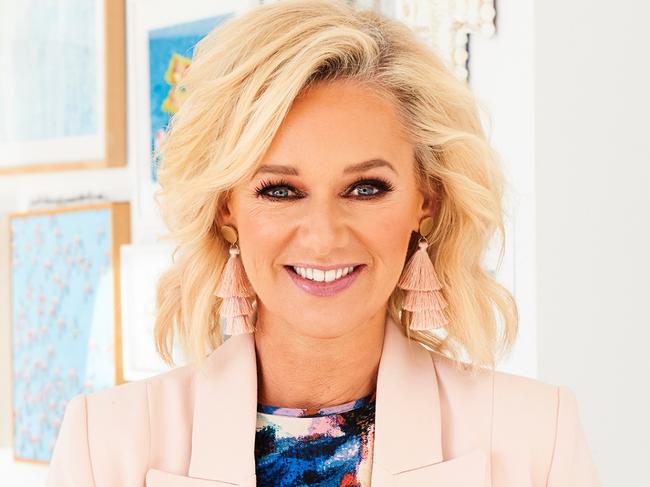How loneliness is impacting Aussie businesses
Australia’s loneliness epidemic is hitting workplaces, with bosses warned to check in on employees. Here’s what to look for.

SmartDaily
Don't miss out on the headlines from SmartDaily. Followed categories will be added to My News.
The reverberations of Australia’s loneliness epidemic are reaching workplaces, with experts warning suffering employees are more likely to make mistakes and report low job satisfaction.
In a recent study conducted for Telstra’s Talking Loneliness Report, researchers found 46 per cent of full-time workers and 42 per cent of part-time workers regularly feel lonely, while retirees are less likely (30 per cent) to experience loneliness.
The survey of more than 3000 Australian adults also found people who work full time were most likely to be too embarrassed to admit feelings of loneliness (55 per cent).
And while loneliness has been a growing crisis for years, almost 40 per cent of those surveyed say they never felt lonelier than when in lockdown.
IMPACT ON BUSINESSES
Telstra’s group executive for transformation, communications and people, Alex Badenoch, says employers should understand the impacts of loneliness on workers.
“Loneliness means different things to different people, but essentially it’s a feeling of being disconnected from others,” Badenoch says.
“It could be a sense of lacking companionship, not feeling like part of a group or in tune with others, feeling like you don’t have people you are close to or can turn to.
“Working from home has certainly created more barriers for people to develop meaningful connections with their colleagues.
“This loneliness occurred for some because the workplace was more than just work – it also represented friends and a sense of belonging.
“Loneliness in workplaces can lead to poorer job performance and satisfaction, lower organisational commitment, and reduced creativity.”
She said it can also lead to more mistakes, more sick leave and a higher intention to resign.
MISCONCEPTIONS
SEEK’s resident psychologist, Sabina Read, says employers should be careful not to mistake symptoms of loneliness with a lack of commitment.
“We are hardwired to belong, so employees who feel lonely may feel anxious, lack social confidence, and may be less co-operative, which can be misconstrued by managers and colleagues as a lack of desire to connect or contribute,” Read says.

“Workers who feel lonely may also be easily overlooked with much of the workforce working from home and socially distancing.”
Ms Read says many people feel a stigma around loneliness “so asking directly if they feel lonely is not always an effective approach in identifying staff who are struggling”.
“The best way to assess an employee’s loneliness is to check in regularly to gauge their perceived sense of connection and relational satisfaction across the professional and personal domains of life.
“Other red flags may include employees who display weaker attempts to connect and who avoid others, which can inadvertently reinforce their sense of disconnect.”
IT CAN AFFECT ANYONE
Loneliness had never been an issue on John Eussen’s radar until 2020, when the 58-year-old separated from his wife of 31 years, just six months before the pandemic forced him to stop working.

The outgoing charity worker and Australian Home Shows and Grand Designs Live Australia presenter describes himself as always being “positive and upbeat” and wants people to realise everyone is susceptible to loneliness.
“Coping with separation is something one doesn’t understand until you go through it,” Eussen says.
“That caused a sense of isolation and loneliness, and then what really compounded the whole thing is Covid hit and we were shut down.
“I was literally on stage … presenting when the management came up and said, ‘This pandemic’s about to hit, and we have to close the show.’”
Eussen says he had to find a way “to move forward”.
“I thought, my gosh, I’m now a single person, I have no job and I felt anxious in the world,” he says.
“I went into a panic and I then quickly made some choices of making myself relevant and decided move forward rather than sit and dwell.
I created an Instagram Live program every afternoon – it was clearly just a space to keep myself in the face of my network.”
If you need support, contact Beyond Blue 1300 22 4636, Lifeline 13 11 14, Kids Helpline 1800 55 1800
More Coverage
Originally published as How loneliness is impacting Aussie businesses




